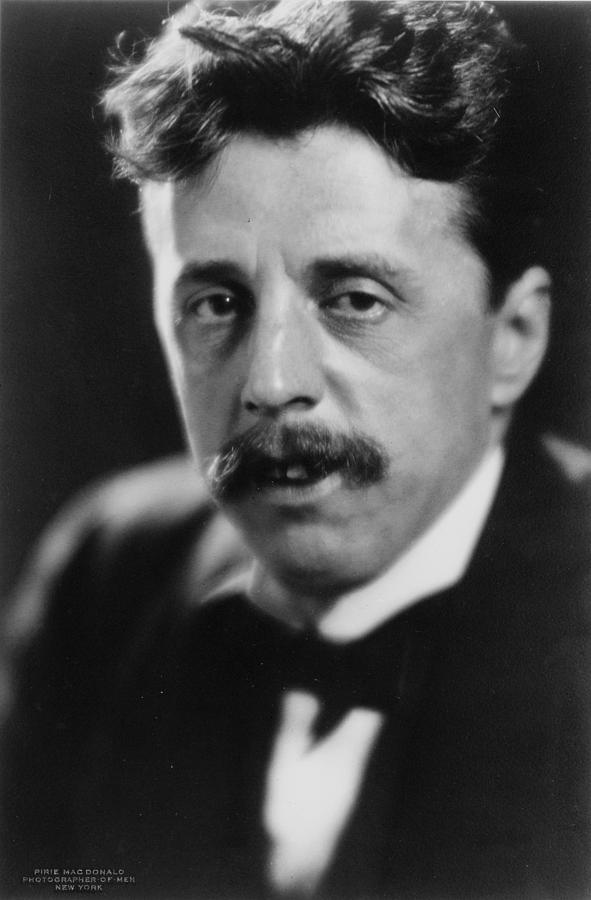Published 1908. Under 1 hour to read.
It has been said that time is money. That proverb understates the case. Time is a great deal more than money. If you have time you can obtain money— usually.
Talk about an ideal democracy! In the realm of time there is no aristocracy of wealth, and no aristocracy of intellect. Genius is never rewarded by even an extra hour a day. And there is no punishment. Waste your infinitely precious commodity as much as you will, and the supply will never be withheld from you.
The chief beauty about the constant supply of time is that you cannot waste it in advance. The next year, the next day, the next hour are lying ready for you, as perfect, as unspoiled, as if you had never wasted or misapplied a single moment in all your career. Which fact is very gratifying and reassuring. You can turn over a new leaf every hour if you choose. Therefore no object is served in waiting till next week, or even until to- morrow. You may fancy that the water will be warmer next week. It won’t. It will be colder.
Here the author talks about how to change your perception of the working day: He persists in looking upon those hours from ten to six as “the day,” to which the ten hours preceding them and the six hours following them are nothing but a prologue and epilogue. Such an attitude, unconscious though it be, of course kills his interest in the odd sixteen hours, with the result that, even if he does not waste them, he does not count them; he regards them simply as margin. This general attitude is utterly illogical and unhealthy, since it formally gives the central prominence to a patch of time and a bunch of activities which the man’s one idea is to “get through” and have “done with.” If a man makes two- thirds of his existence subservient to one- third, for which admittedly he has no absolutely feverish zest, how can he hope to live fully and completely? He cannot. If my typical man wishes to live fully and completely he must, in his mind, arrange a day within a day. And this inner day, a Chinese box in a larger Chinese box, must begin at 6 p.m. and end at 10 a.m. It is a day of sixteen hours; and during all these sixteen hours he has nothing whatever to do but cultivate his body and his soul and his fellow men.
One of the chief things which my typical man has to learn is that the mental faculties are capable of a continuous hard activity; they do not tire like an arm or a leg. All they want is change— not rest, except in sleep.
The man who begins to go to bed forty minutes before he opens his bedroom door is bored; that is to say, he is not living.
Hence, it seems to me, the first business of the day should be to put the mind through its paces. You look after your body, inside and out; you run grave danger in hacking hairs off your skin; you employ a whole army of individuals, from the milkman to the pig- killer, to enable you to bribe your stomach into decent behaviour. Why not devote a little attention to the far more delicate machinery of the mind, especially as you will require no extraneous aid?
It is as well not to chatter too much about what one is doing, and not to betray a too- pained sadness at the spectacle of a whole world deliberately wasting so many hours out of every day, and therefore never really living. It will be found, ultimately, that in taking care of one’s self one has quite all one can do.
